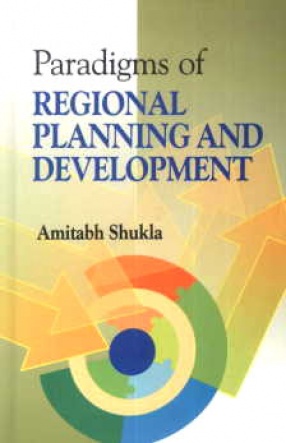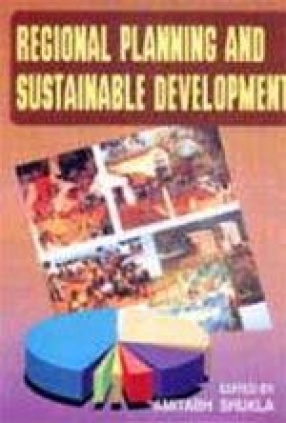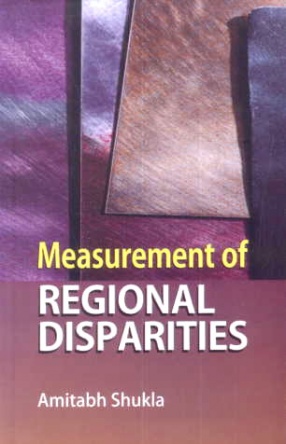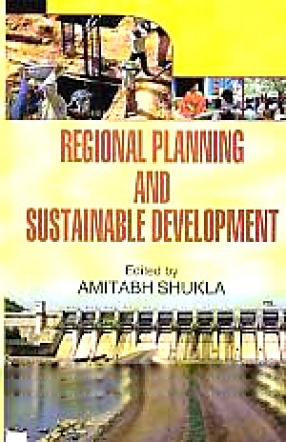Paradigms of Regional Planning and Development
Development is a complex notion and it has multi-fold dimensions specially with regard to process of planning. It has several linkages and casual relationship with natural, geographical, social, economic and political aspects.
Its a long debate in the theories of planning that whether centralised planning system or decentralised planning system is good for solving the problems of a nation?
The answer lies in the fact, which is evident by empirical evidences and experiences that a scientific planning system should be based upon a scientific approach, i.e. Regional planning which is a combination of several natural, geographical economic, social factors, etc. The present book is an attempt in this direction.
This book provides a deep insight and empirical evidences on the relation of various aspects of regional planning with development, through which the planning mechanism can be strengthened. It analyses the dimensions of natural endowments, infrastructural, agricultural, industrial and human development as well as evaluates the role of resource transfers, decentralisation, federalism, regional disparities, etc. which are very crucial factors in achieving a real development.
The book is useful for the researchers of various disciplines, planners, academicians and for all those who have interest in the subject and are involved in the architecture of planning.
Get it now and save 10%
BECOME A MEMBER











Bibliographic information